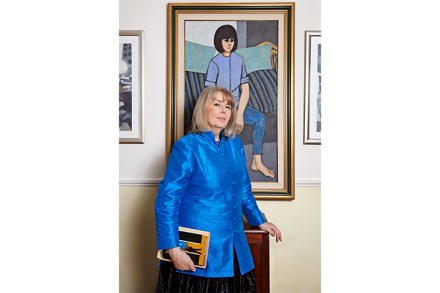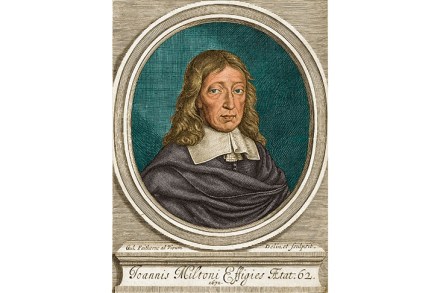Back to the fabulous Fifties
Charlotte Bingham has had an extraordinary writing career. She wrote her first book, Coronet Among the Weeds (newly republished by Bloomsbury), when she was just 19. It was a memoir of her life as a 1950s debutante — the ‘weeds’ were the chinless wonders she met at debs’ dances — and it became an instant





















